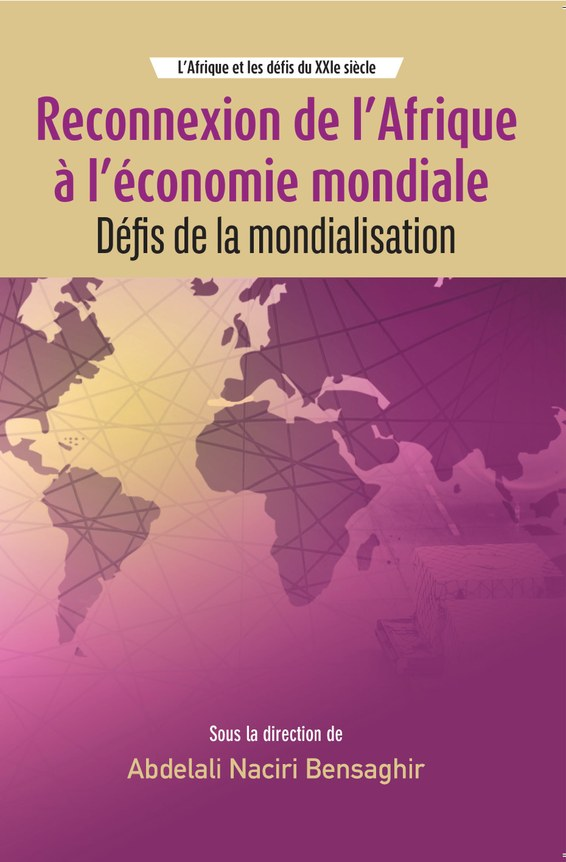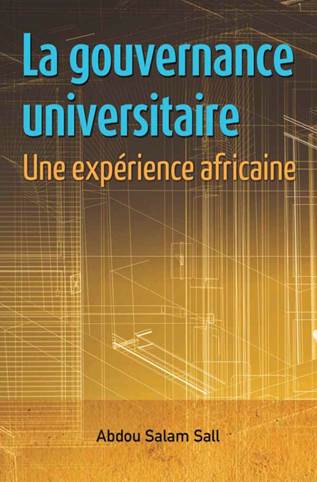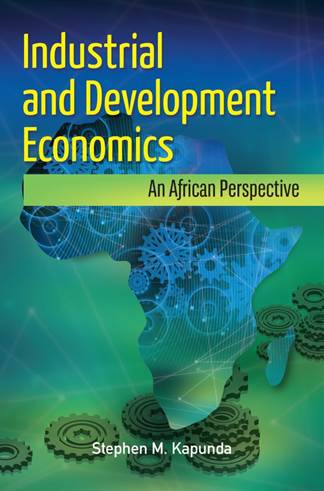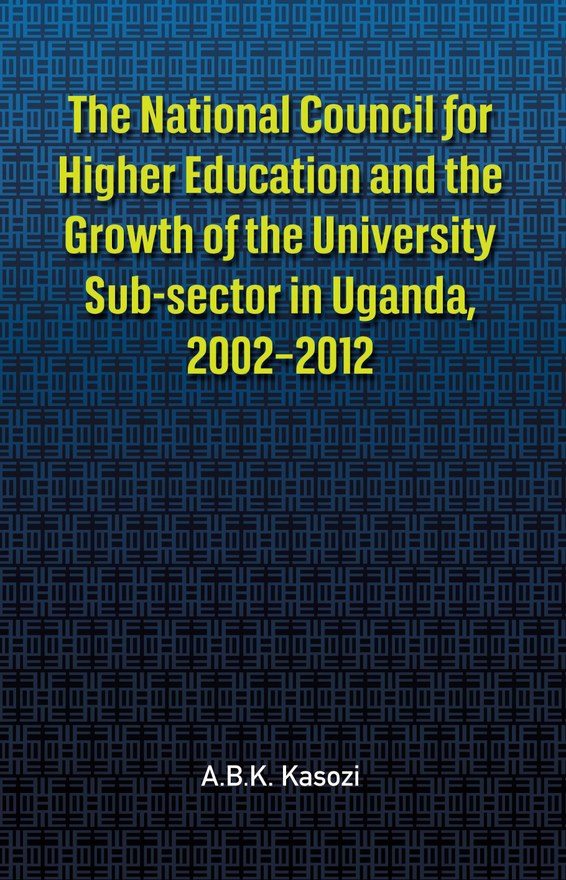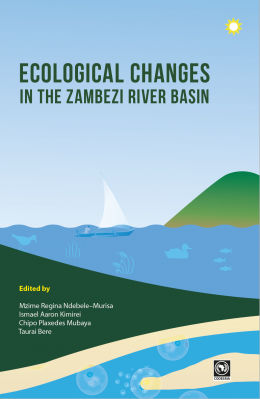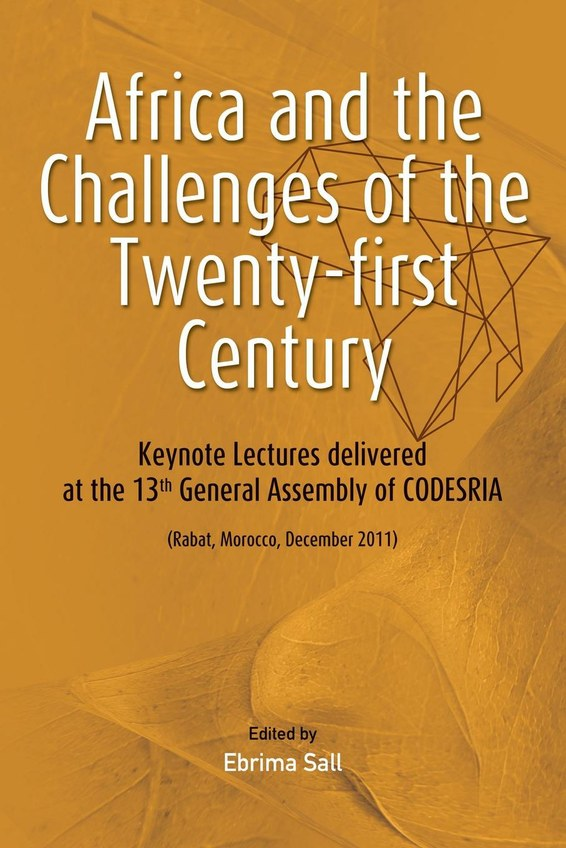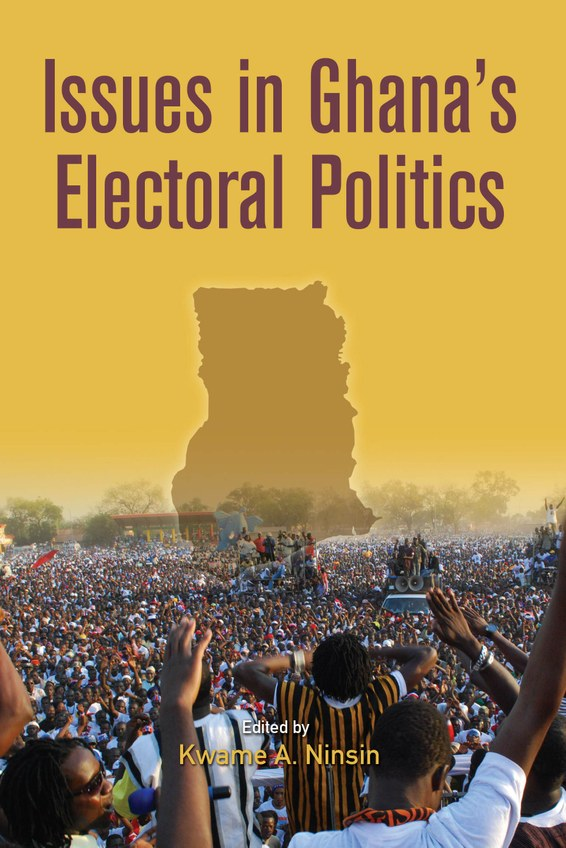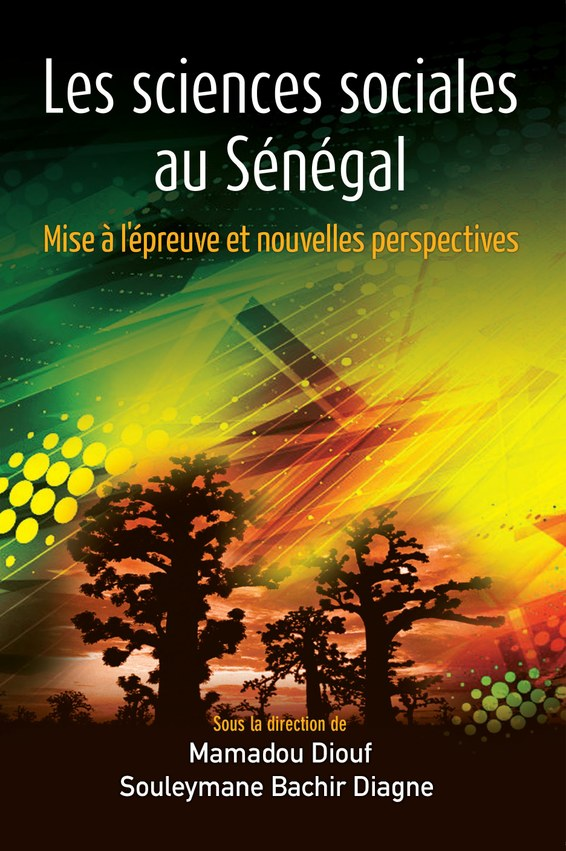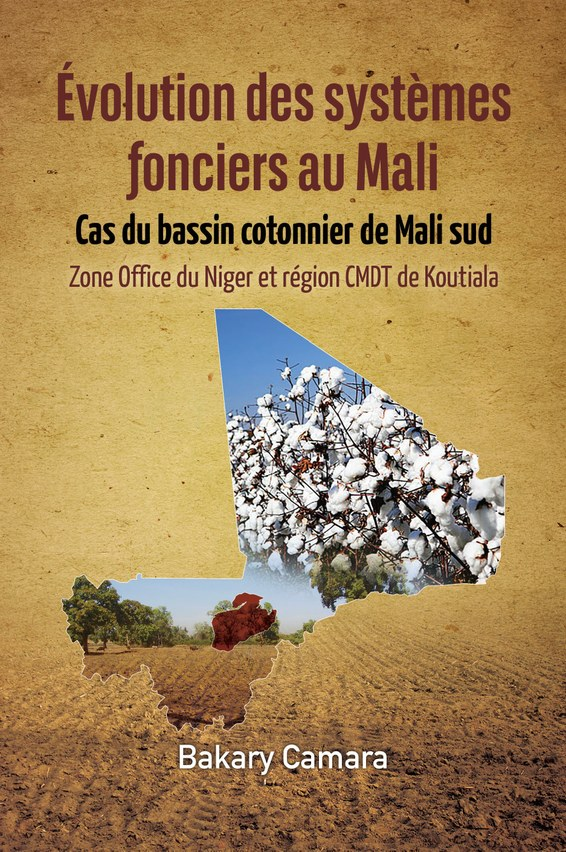For those interested in the questioning of the humanities, this is a significant contribution for rethinking the university in the Global South and in the corporatized Western academy. It is a strong critique of neo-liberal policies and practices that, together with colonial legacies and authoritarian rule, plague African higher education. The other added value is the focus on so-called Lusophone Africa, one that is not easily found in English.
This collective work results from an exercise to re-enact freedom in the African University(-ies). It mobilizes the concept of Public Humanities in order to reflect upon the current emptying of emancipatory possibilities in African Higher Education that has been feeding itself from the prevalence of undemocratic rule in the shadow of neoliberal policies, transfiguring what liberation struggles set out to do into normative and disciplinary politics. But also decolonial and citizenship contemporary aspirations and the current and institutionalized attacks on critical thinking and pedagogy at the university as well as the need to qualify the relationship between the institutionalized site of the university and the production of emancipation and freedom. In the Public Humanities approach rehearsed here, humanity is not a soliloquy; it is a matter of ontological insurrections, solidarity and justice against zones of non-being.





